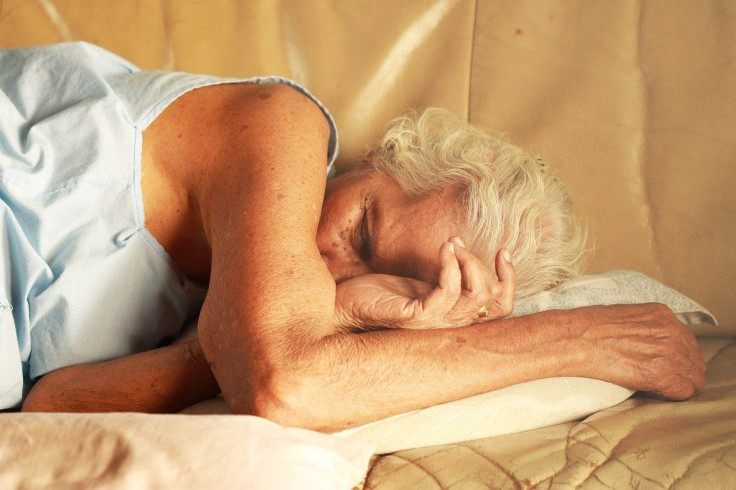Sleeping Less Than 5 Hours Could Up Risk Of Multiple Chronic Diseases
KEY POINTS
- Researchers looked at the impact of sleep duration on multimorbidity risk in mid- to late-life
- Those who slept for five hours or less had higher risks than to those who slept for seven hours
- The results show the importance of promoting "good sleep hygiene"
Just how important is the right amount of sleep to our health? Sleeping less than five hours in mid- or later stages of life may just up one's risk of getting multiple chronic diseases, a new study has found.
For their study, published Tuesday in the PLOS Medicine, a team of researchers looked at the association between the duration of one's sleep in mid-or older age and multimorbidity, or when someone has two or more co-existing chronic conditions. This includes diseases such as diabetes, liver disease, dementia, arthritis and coronary heart disease.
"Sleep duration has been shown to be associated with individual chronic diseases but its association with multimorbidity, common in older adults, remains poorly understood," the researchers wrote.
They analyzed the data from 7,864 participants (32.5% women) and looked at the amount of sleep they had at ages 50, 60 and 70. The team followed them over a course of 25 years to see the incidence of multimorbidity.
Indeed, the researchers found an increased risk of multiple comorbidities over time among those who slept for five hours or less compared to those who slept up to seven hours.
"We found a robust association of sleep duration ≤5 hours at age 50, 60, and 70 (separate analyses) with higher risk of incident multimorbidity," the researchers wrote.
Specifically, there was a 30% increased risk for multimorbidity among those who were 50. The risk was even higher (at 32%) among those in their 60s and 40% among people in their 70s.
According to the researchers, this shows how shorter sleep is associated with increased multimorbidity, regardless of whether the sleep was measured during mid- or late-life.
Sleeping for five hours or less at 50 was also associated with a 25% higher mortality risk during the 25-year follow-up study, University College London (UCL) noted in a news release. This, however, may be attributed to the association of shorter sleep with chronic diseases, which then increases the risk of death.
The researchers also looked at the impact of sleeping for nine hours or more, but they only observed an association "when measured at age 60 and 70."
"There was no robust association between sleep duration ≥9 hours at age 50 and risk of 1 chronic disease or multimorbidity," the researchers wrote. "However, in those with a chronic condition there was some evidence of higher risk of multimorbidity."
The study shows the importance of promoting "good sleep hygiene." This is especially important in the elderly, as aging tends to make it harder to fall asleep and stay asleep, often waking up in the middle of the night or much earlier in the morning.
"As people get older, their sleep habits and sleep structure change," said study lead author Dr. Severine Sabia, of UCL. "However, it is recommended to sleep for seven to eight hours a night—as sleep durations above or below this have previously been associated with individual chronic diseases. Our findings show that short sleep duration is also associated with multimorbidity."
Sabia recommended some simple tips for ensuring better sleep. This includes keeping the bedroom dark and quiet, avoiding electronic devices and large meals before going to bed and getting physical activity during the day.

© Copyright IBTimes 2024. All rights reserved.






















